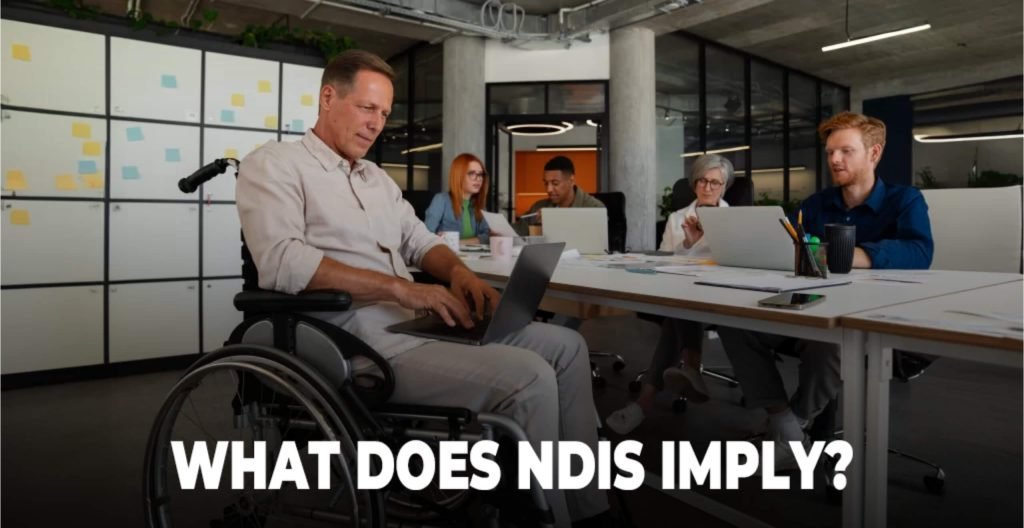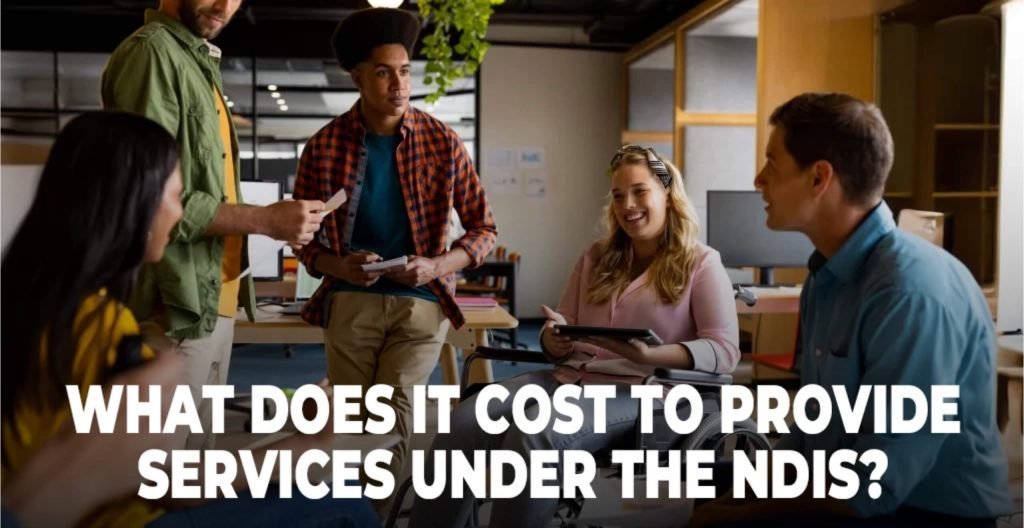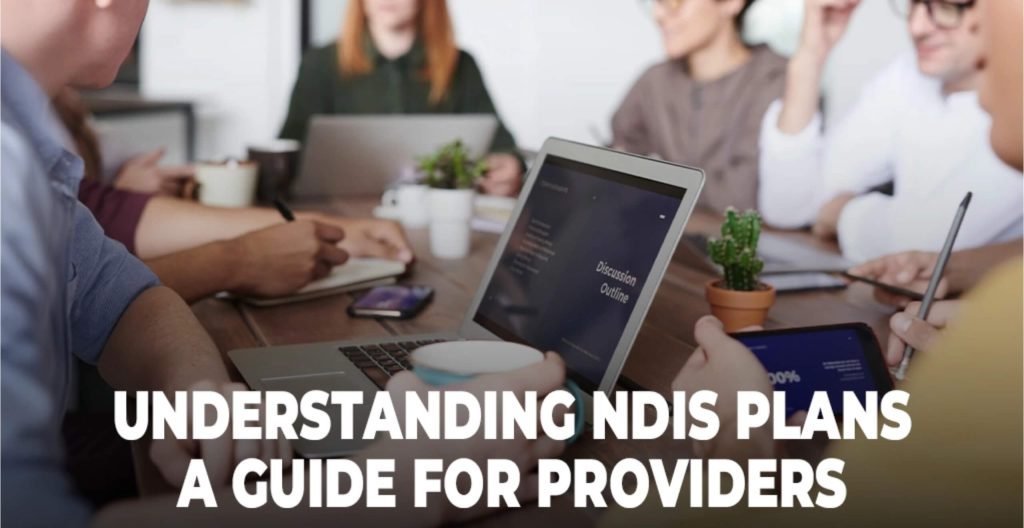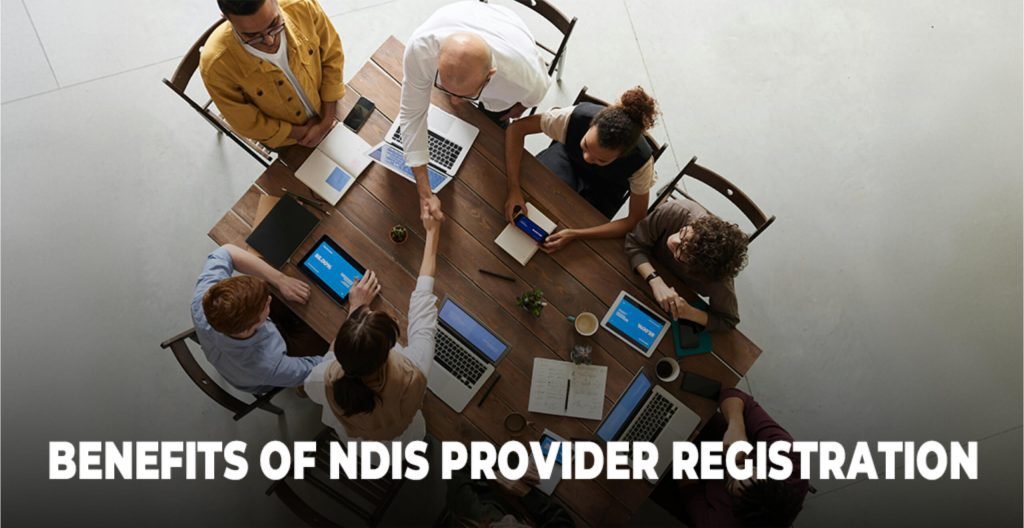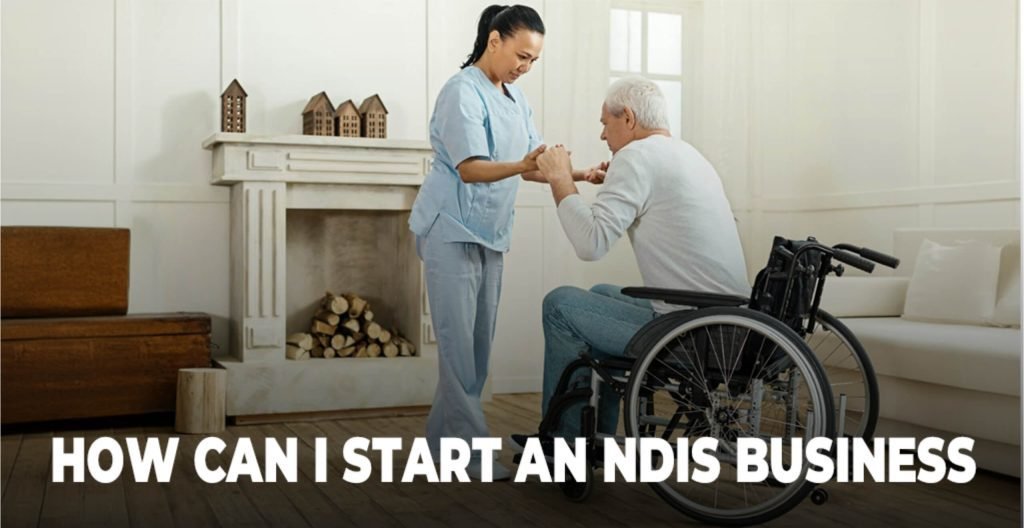The National Disability Insurance Scheme (NDIS) is an Australian programme that has had a profound impact on people’s lives since it was established by the government in 2013, It provides financial support to individuals with disabilities, Specifically helping to cover disability-related expenses for Australians living with major, lifelong illnesses. This support ensures they have access to various treatments and support to improve their quality of life.
The introduction of the NDIS marked a shift in Australia’s approach to disability support, Previously, services operated under a rigid, one-size-fits-all framework, Now, Participants who meet eligibility criteria can access tailored supports and services, Reflecting a more person-centred approach that acknowledges each participant’s unique needs and aspirations, It serves as a crucial safety net for families with disabled members.
- The Key Goals of Connecting NDIS Participants with Providers
The primary objectives of connecting eligible NDIS participants with NDIS providers are to:
- a) Enhance community participation.
- b) Increase economic contribution.
- c) Foster the availability of quality services and core support.
Overall, this initiative aims to enhance the quality of life for Australians with disabilities.
- What is an NDIS provider?
NDIS Participants receive NDIS-funded services from NDIS Providers, Which can vary in expertise and organisational structure, Including:
- Individual proprietorships.
- Charities or other types of establishments.
NDIS Providers deliver support services to participants in alignment with strict government practice standards and the NDIS Code of Conduct, Regulated by the NDIS Commission, Whether registered or not, All providers must adhere to these rules.
Additionally, NDIS providers must meet quality and safety requirements, Which include:
- You should have company insurance, Certificates, And necessary training and expertise.
- Implementing person-centred care practices and, Where applicable, Conducting the NDIS Worker Screening Check.
These regulations are overseen and enforced by the National Disability Insurance Agency (NDIA) to ensure the health and safety of NDIS participants.
- Benefits of Being an NDIS-Registered Provider
Registered service providers are highly esteemed within the NDIS community, This is because they meet all of the NDIS Commission’s rigorous registration standards, Which include:
- Obtaining approvals and meeting appropriateness criteria.
- Going through time-consuming, expensive, and intricate audits.
Accreditation as a registered provider instils legitimacy and confidence among participants and their families, It demonstrates the provider’s dedication to supporting these individuals through the NDIS.
- Registered Providers Enjoy:
- Promotion of the NDIS portal and enhanced commercial opportunities.
- Recognition for being dependable and qualified to deliver superior services to people with disabilities.
- Opportunities to collaborate directly with participants are managed by the NDIA.
- Expedited payments via the NDIS website.
- Access to various resources and ongoing support from the NDIS to offer a range of goods and services across different support categories.
In contrast, unregistered providers:
- Fail to complete the registration process and miss out on the same benefits and commercial prospects.
- Often, work harder to earn credibility and trust within the community.
- Who do NDIS providers collaborate with?
NDIS providers collaborate with a variety of individuals, Ranging from young children to elderly people who have physical, mental, sensory, neurological, and psychological impairments, They provide personal care and assistance with daily tasks at the participant’s home and offer advanced medical care in community or residential settings.
Often, NDIS providers must be flexible, Sensitive to the needs of their clients, And aware of cultural differences, They frequently collaborate with stakeholders, Including members of community organisations, healthcare providers, And educators, To deliver effective support.
For example, A provider might work with a child with autism, They might also collaborate occasionally with the child’s teacher and speech therapist, This collaboration can greatly enhance both the participant’s independence and well-being.
Excellent communication skills are essential for this coordination and collaboration process, This critical ability ensures:
- Minimal miscommunication.
- Respect for each person’s needs and preferences.
- Consistency in the care provided


